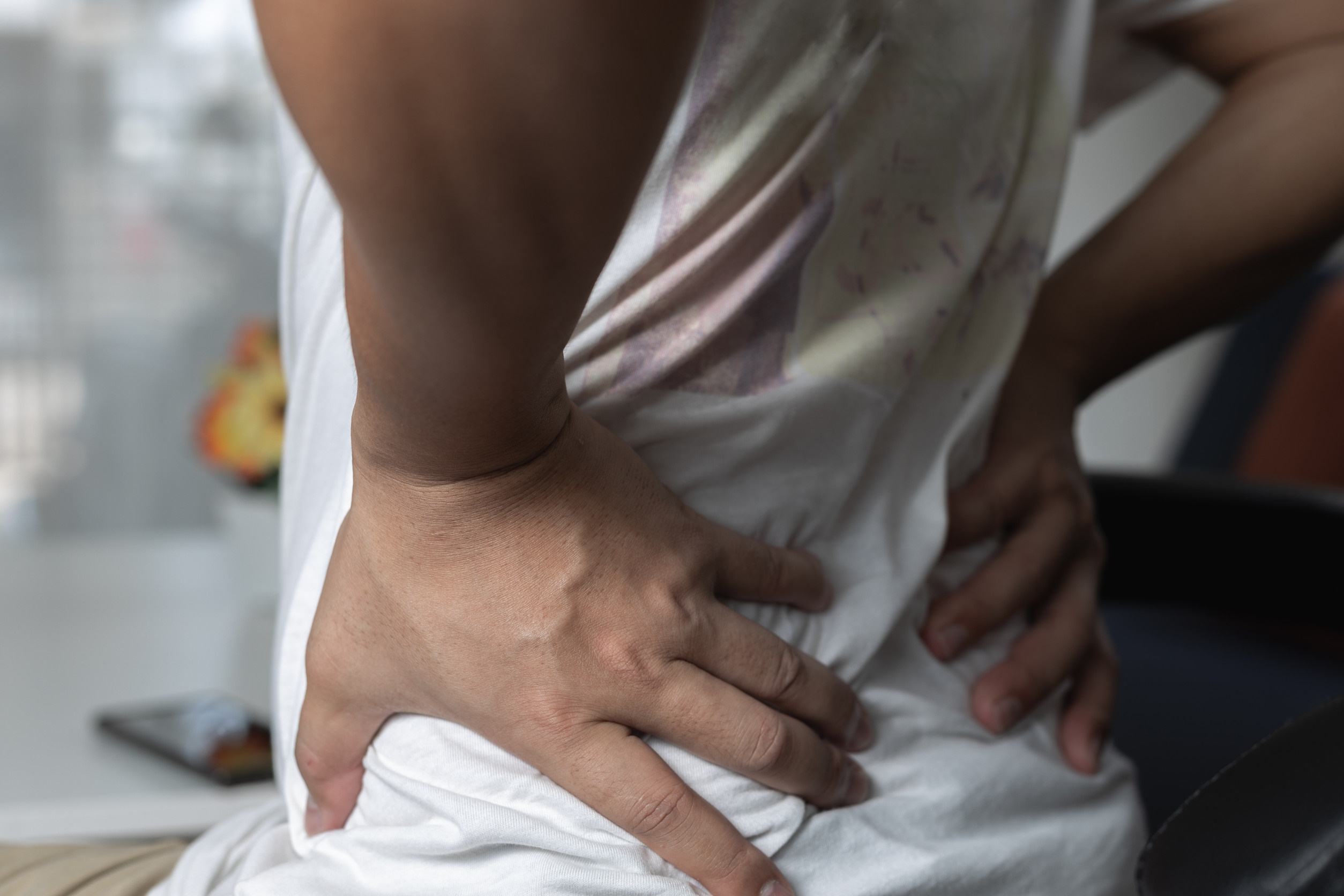Does a healthy diet relieve chronic pain? New research indicates that a healthy, antioxidant-rich diet may help reduce pain.
• Recent research found that a higher-quality diet, rich in whole, nutrient-dense foods, might be linked to reduced pain levels, particularly among women.
• Participants’ body fat levels did not significantly influence this outcome, indicating that a healthy diet may directly and independently aid in managing chronic pain.
• Experts recommend adding antioxidant-rich foods to your diet and adopting a healthy lifestyle as part of a long-term approach to managing pain effectively.
A recent study published in Nutrition Research suggests that diet quality directly impacts pain levels and physical function, especially among women, regardless of body fat levels.
Research: Does a Healthy Diet Relieve Chronic Pain
Researchers examined data from the Whyalla Intergenerational Study of Health (WISH), which included information from 654 Australian adults ages 18 to 89. The majority were women (57%).
To answer the question of does a healthy diet relieve chronic pain, the researchers aimed to explore whether body fat—measured by body mass index (BMI), waist circumference, or body fat percentage—acts as a link between diet quality and outcomes like pain or physical function.
• The WISH study collected diet data using a 12-month food frequency questionnaire and assessed diet quality with the Australian Dietary Guideline Index, which measures how closely a person’s eating habits align with dietary recommendations.
• Pain levels were measured using a pain scale survey, while hand grip strength was used to evaluate physical function.
• After analyzing the data and accounting for factors such as age and energy intake, the study observed that body fat did not serve as a link between diet quality and pain.
• Instead, diet quality alone appeared to have a direct impact on pain levels.
Does diet quality affect men and women differently?
Although these effects initially seemed to influence the entire study population, differences became apparent when analyzing the data by gender.
For women, better diet quality was significantly associated with lower levels of pain, with reductions ranging from 37.2% to 38.8%, and with body fat levels having no influence on this relationship.
For women with higher “core food” consumption (whole food choices), the reductions in pain were even larger, ranging from 46.7% to 48.2%, depending on the measure of body fat used.
Additionally, for women, better diet quality was linked to improved physical strength.
However, in men, the researchers observed no significant direct or indirect effects of diet quality and bodily pain or physical function.
Still, the study’s results offer encouraging evidence that a healthier diet may notably alleviate pain and support physical function, especially in women, irrespective of their body fat levels.
How can a healthy diet help reduce chronic pain?
Chronic pain, defined as pain lasting more than three months, affects about 30% of the global population. While the causes of chronic pain vary greatly, research indicates a strong link between body fat and chronic pain.
Obesity increases the risk of both localized and widespread pain, creating a cycle where weight gain can worsen pain, and pain can contribute to weight gain.
However, recent studies, including the current research, reveal that dietary patterns may influence pain independently of body weight.
Foods that may help manage chronic pain
The study observed that women who consumed more “core” foods—such as fruits, vegetables, lean proteins, and grains—reported lower pain levels.
According to Holland, this is likely due to the anti-inflammatory and antioxidant properties of foods like fruits, vegetables, and healthy fats, which may help mitigate pain pathways and provide benefits independent of body weight.
So, to support chronic pain management, Holland recommends adding foods with strong anti-inflammatory properties into your diet, including:
• berries
• extra virgin olive oil
• dark leafy greens
• fatty fish rich in omega-3s
• nuts and seeds
• whole grains
“Incorporating these into the diet can help reduce pain severity and improve overall well-being,” he explained.
Kiran Campbell, RDN, a registered dietitian and owner at Kiran Campbell Nutrition, not involved in the study, similarly suggests that “focusing on dietary patterns and constituents that modulate [inflammation and oxidative stress] may be crucial to alleviating chronic pain.”
She highlighted several specific diets that align with these principles, including the Mediterranean, DASH, MIND, and other anti-inflammatory diet patterns.
In addition to foods rich in antioxidants and omega-3 fatty acids, Campbell recommended incorporating foods rich in probiotics, fiber, vitamins, and minerals.
She noted that foods like “olive oil, yogurt, fatty fish like salmon and tuna, beans, seeds, legumes, and nutrient-rich fruits and vegetables like blueberries, bell peppers, tomatoes, carrots, broccoli, and dark leafy greens” may help reduce inflammatory markers.
“While the above foods should be included in a healthy diet,” Campbell advised that it’s equally important to limit processed meats, sugary foods, refined grains, and other foods that can cause inflammation.
Click here to read more about does a healthy diet relieve chronic pain.






